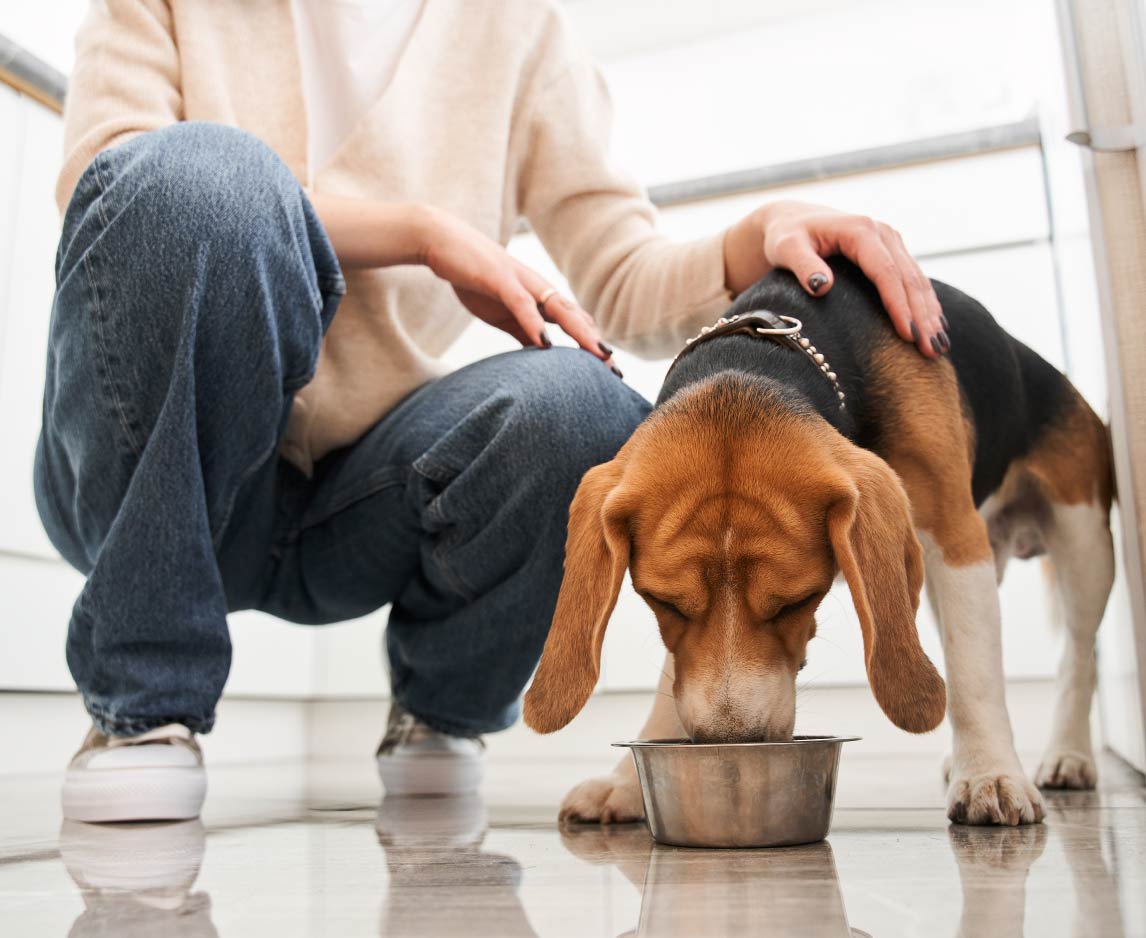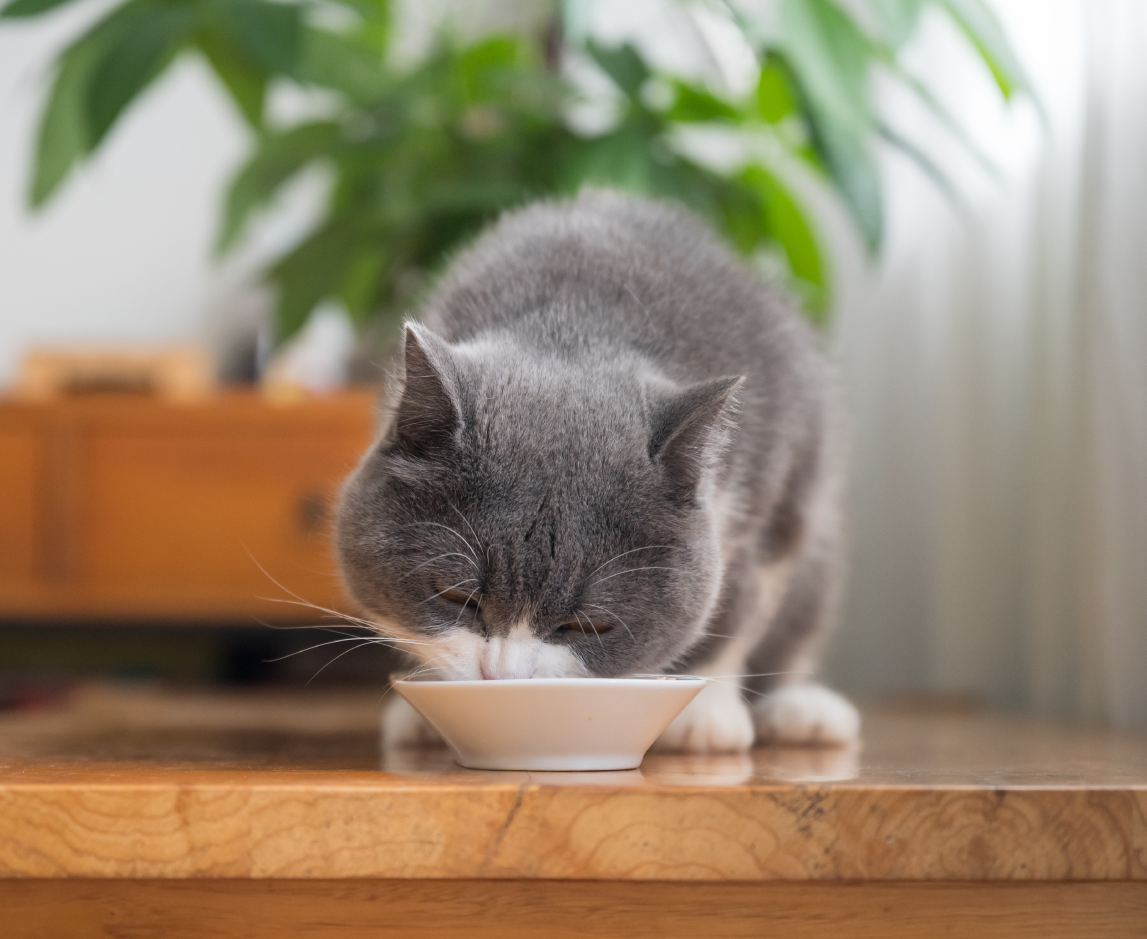First off, all of us at RAWZ hope you and your family are navigating these unusual times in good health and as comfortably as possible. Of course, when I say family, four legged members are included! Our Family Blog post from a couple of weeks ago discussed some symptoms that can point to a pet experiencing stress. I may need to attend more Krempels Center groups focused on improving memory, because my RAWZ teammate Jodi reminded me, I hadn't yet offered some possible remedies for anxious pets. Come to think of it, memory loss can be a sign of stress in humans so maybe Big Jim should give me a vacation 🙂
Symptoms
In all seriousness though, seeing a pet experience stress is disheartening. To review, some common symptoms of pet anxiety are: GI Issues, Changes in Appetite, Unusual Isolation, Increased Sleep, or Atypical Aggression.
If such a symptom or symptom(s) present, pet owners would be wise to rule out underlying medical conditions. A full check up with a veterinarian can help rule such a health concern out.
Holistic Solutions
It sounds simple although can be difficult, a good start is to start by identifying the cause. Often any change in routine can be the culprit, with pets often displaying their human companions own stress. There are many subtle ways to calm a pet, a soft ear rub is one that comes to mind, but a simple web search showed 3 methods in particular that were often mentioned: Exercise (physical and mental), confidence boosting praise, create a safe space.
A. Exercise
While the word exercise brings to mind physical activities like running/walking or playing fetch, when it comes to the emotional well being of pets, mental exercise is also important. An active, engaged mind often equates to a calm one for pets. This can be as simple as teaching commands or even rewarding chew toys, sometimes resembling oral mazes. Many animal behavioral experts cite the calming effects of their primary caregivers attention and voice on pets. Time spent interacting with your pet can be the best medicine!
B. Boosting Confidence Through Praise
A great thing about engaging with your pet in ways that result in praise is that it means time spent with the pet in goal-driven activity. The feeling of accomplishment resulting from praise provides pets with a sense of security and reinforces attachment.
C. Safe Space
Perhaps the most common type of stress in pets is separation anxiety. The discomfort of being alone affects pets greatly. Due to their weak sense of time, particularly in dogs, when the primary caregiver leaves, the fear of abandonment can be triggered. This can be magnified after inordinately large amounts of time you've spent at home (such as the recent shutdown). A tried and true way to reduce feelings of abandonment is the creation of a safe space. A safe space is simply a smaller confined space with familiar smells, objects, and often chews. Such a space can provide routine while enhancing the feeling of safety.
Still Stressed?
Hopefully, with one or a combination of these solutions a pets' anxiety will decrease, but if stress is a persistent problem, medication may be suggested by a veterinarian. As in humans, brain chemistry, an overabundance or lack of certain chemical(s) in the brain can be the culprit of distress for pets. Working with a Vet professional familiar with pharmacological treatments of distress in pets can help identify a helpful medication. Some common meds prescribed are Zoloft, Paxil, Ativan, Prozac, Valium, and Zoloft.
As always, thank you for loving pets and your interest in RAWZ!




